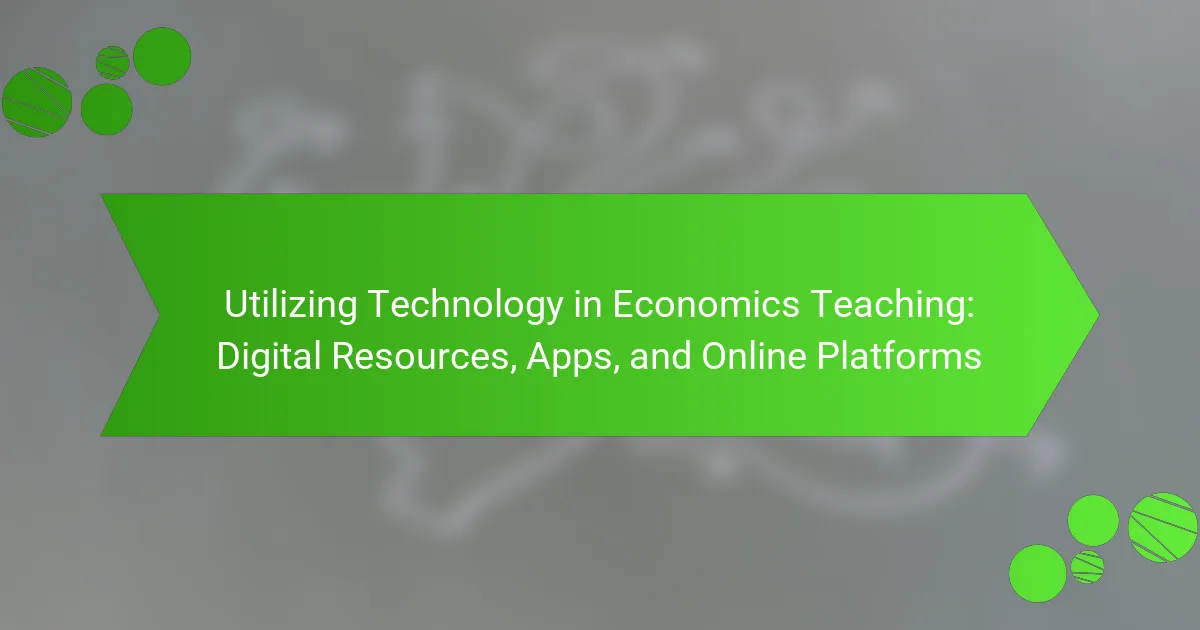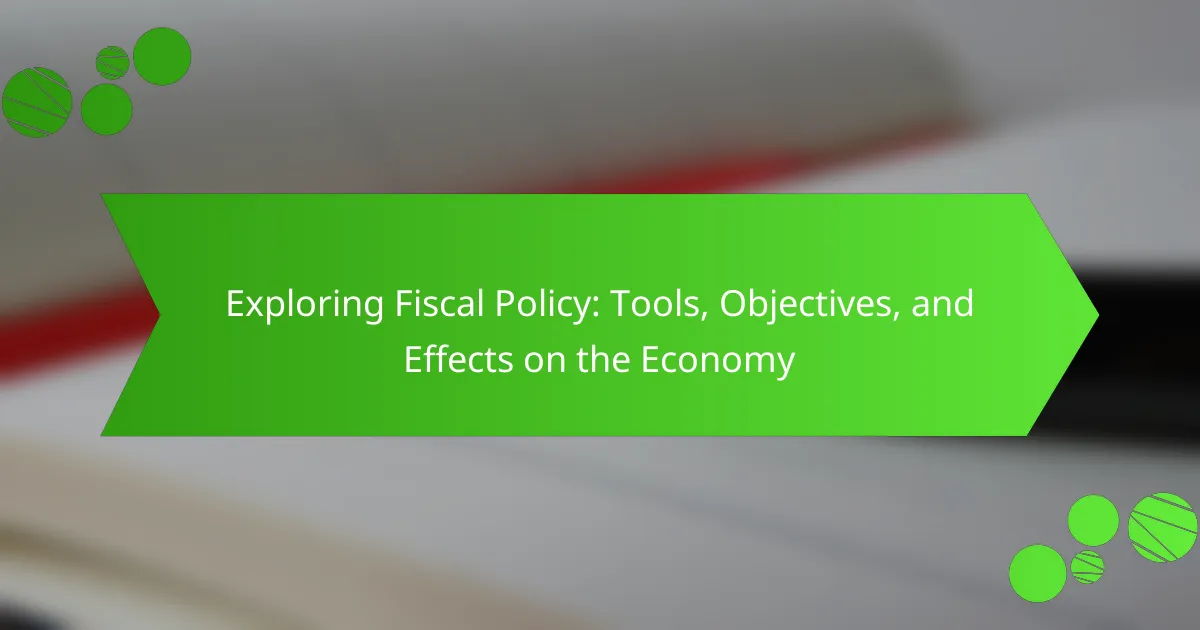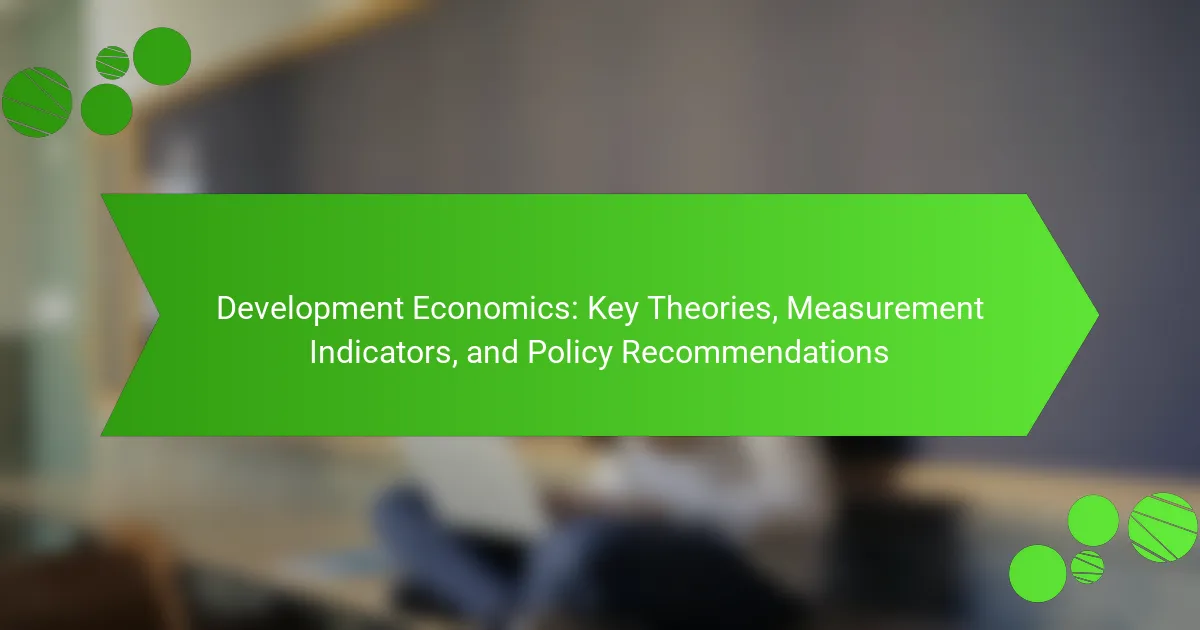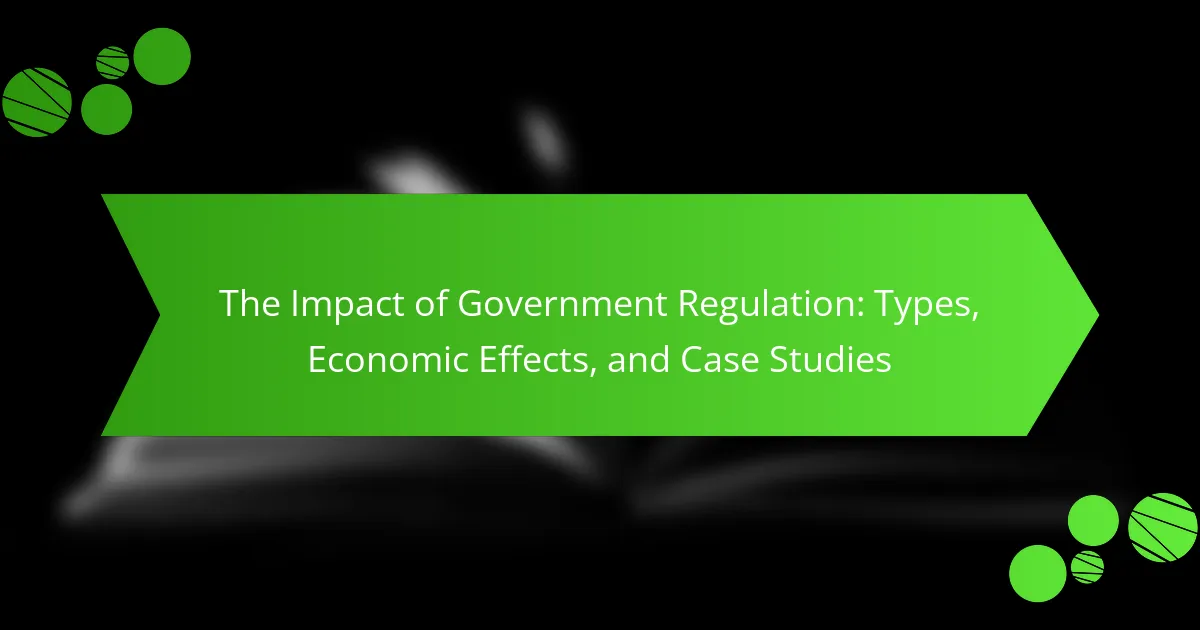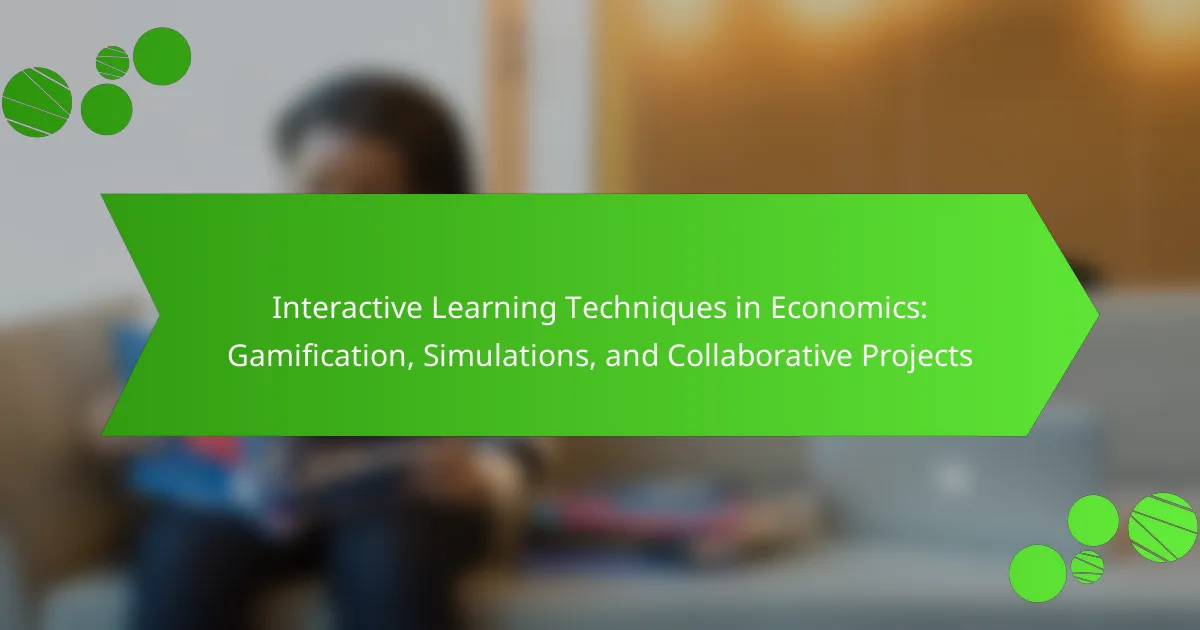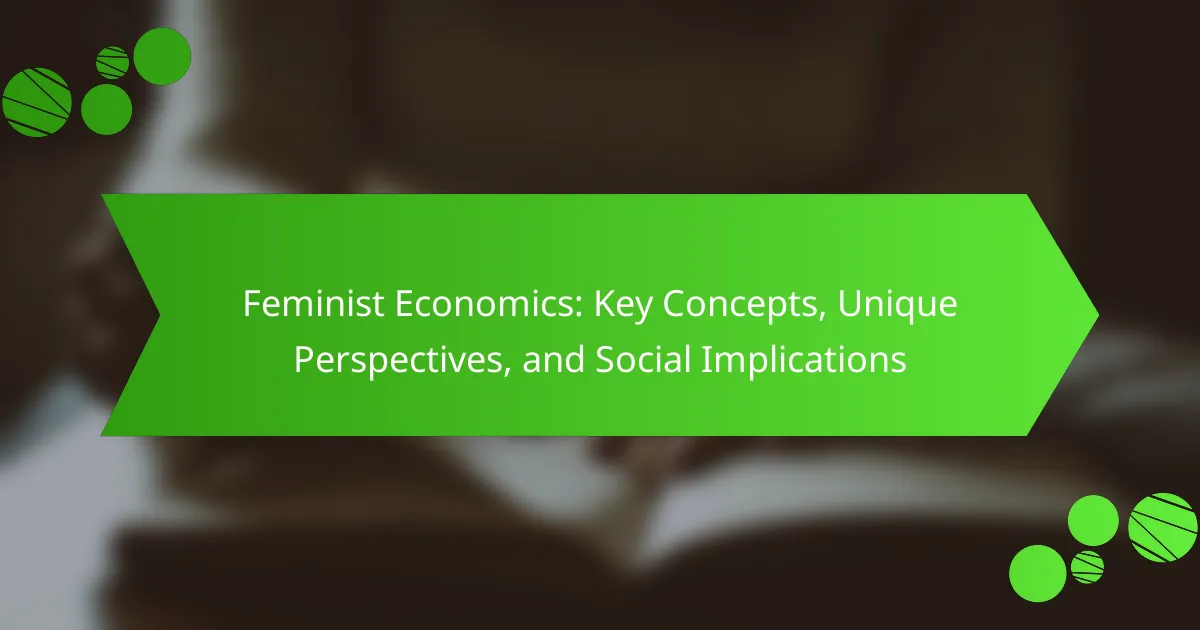
Feminist Economics: Key Concepts, Unique Perspectives, and Social Implications
Feminist economics is an analytical approach that critiques traditional economic theories for their inherent gender biases and emphasizes the significant role of gender in understanding economic issues. This field explores how economic policies affect men and women differently, highlighting the often-overlooked value of unpaid labor, predominantly performed by women, and advocating for its recognition in…
